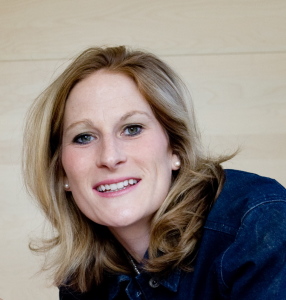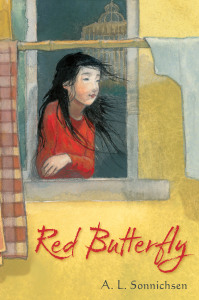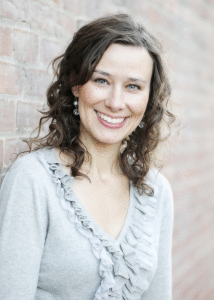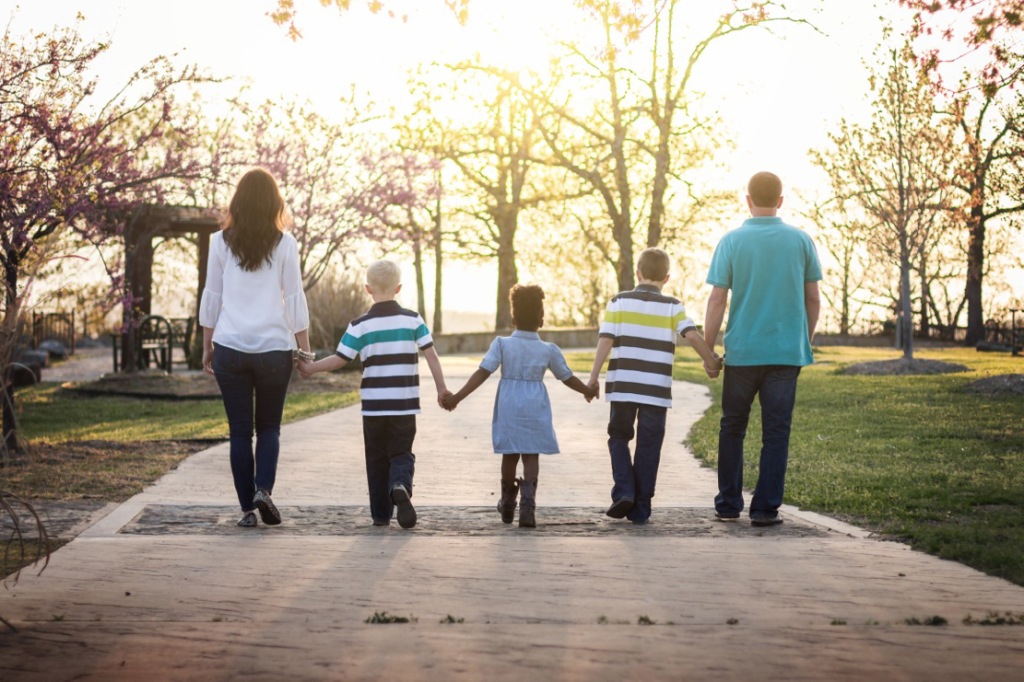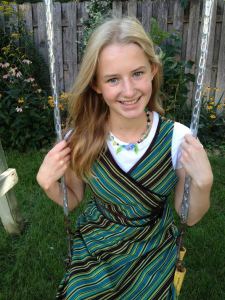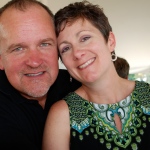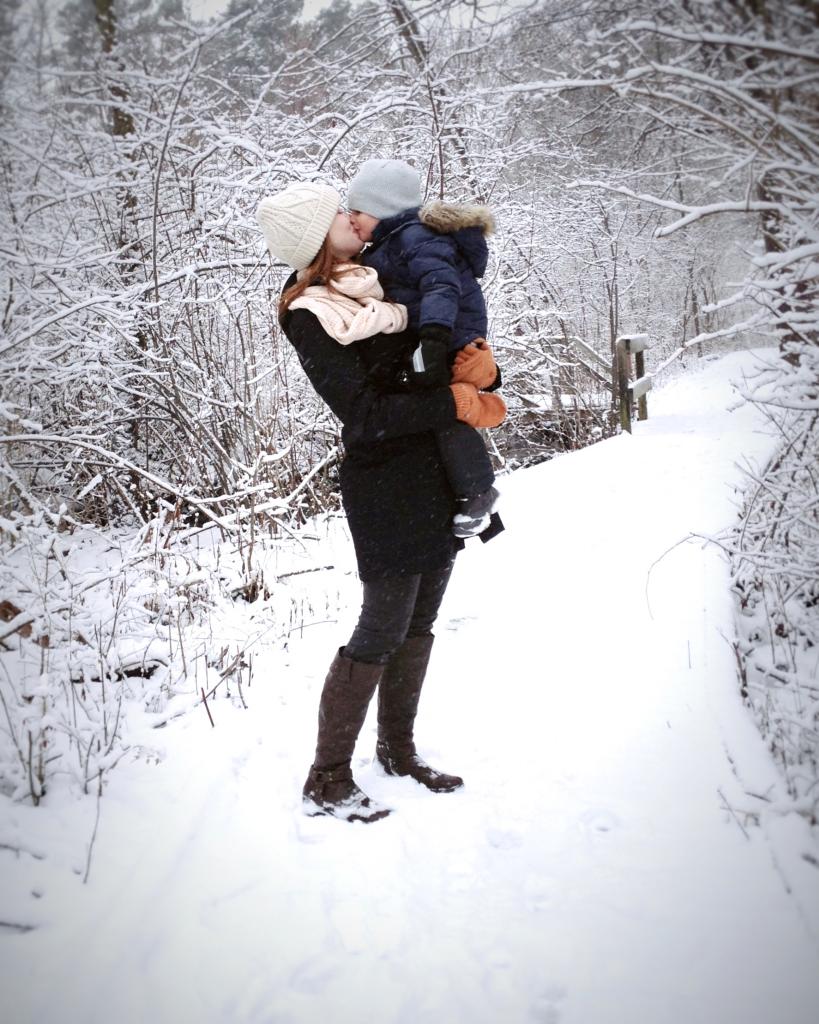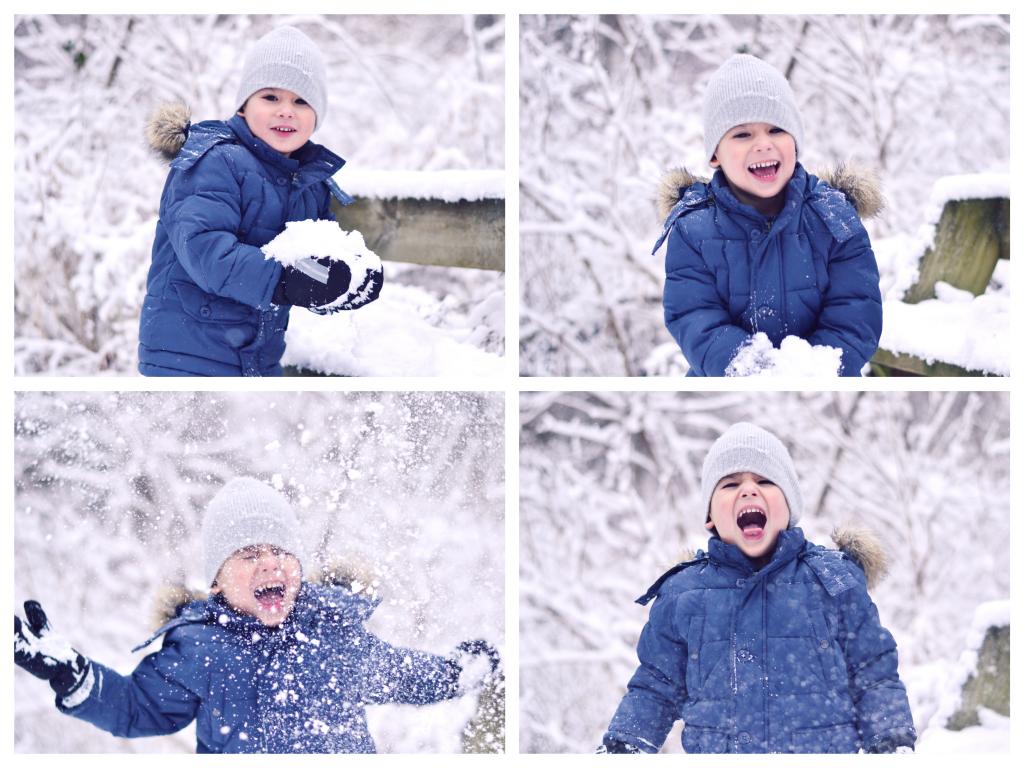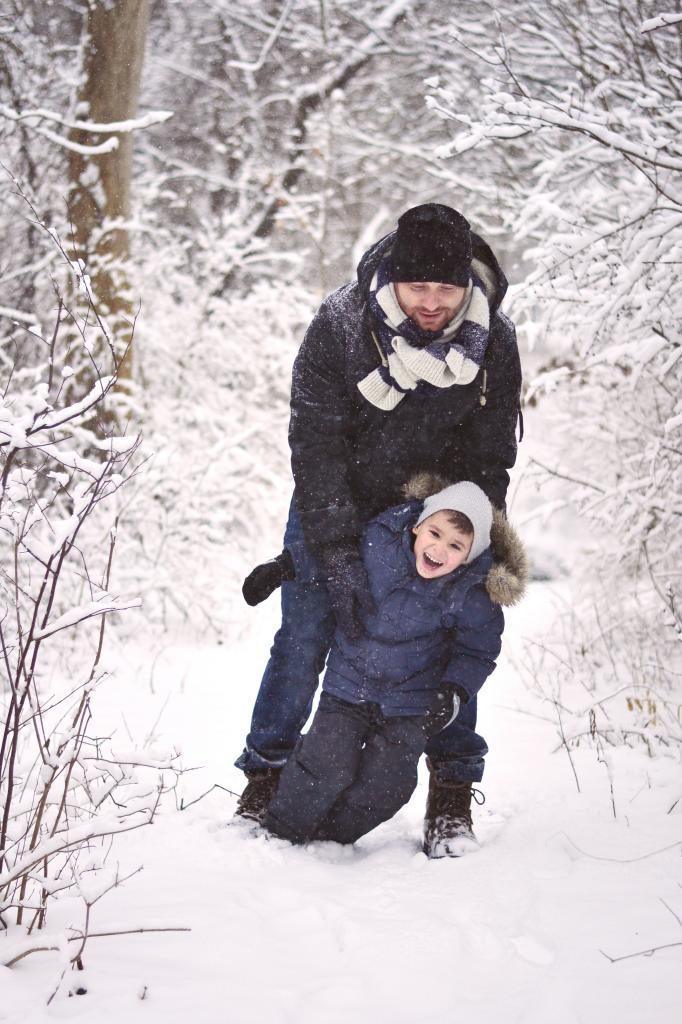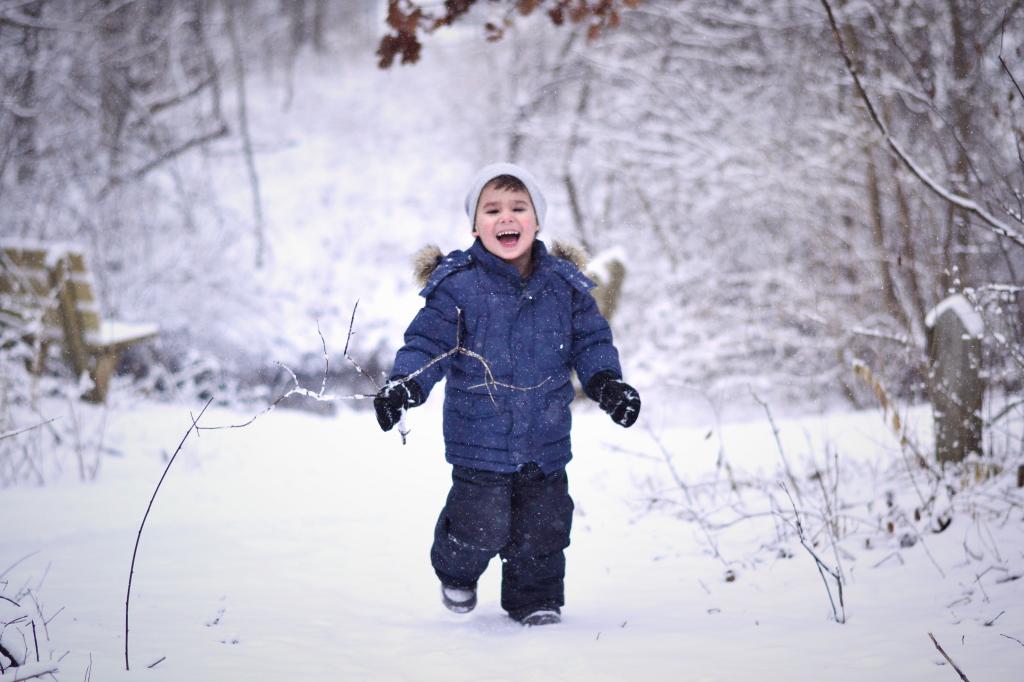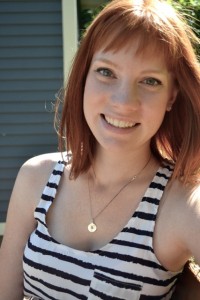Something triggered her fear, and she snapped. I will never call them “fits” because that would imply she could control them. And she cannot.
We’ve learned how to handle her meltdowns over the last year. We restrain her safely, usually while rocking her back and forth and telling her in a quiet voice about how much we love her, no matter what.
This time, I let go at the wrong time, and her knee hit me square in the chin. I saw stars then told her I’d have to come back in a minute. I went to the bathroom and exploded into sobs. It was as if I’d put my carbonated emotions in a bottle and shaken them for months. Physical pain was the only thing that could release the pressure.
I cried on and off for days. I cried about issues I’d been thinking about for months, and I cried about things so ridiculous that I would laugh while wiping my tears. That’s a sure way to let your family know you’ve completely lost it.
It turns out when you wait a long time to let yourself have a breakdown, it takes a while to recover.
On day three of my incessant crying, Matt left to speak at a church in Kansas for four nights. He felt bad for leaving, and I was dreading single parenting in the midst of the rollercoaster. I prayed that my kids would show me mercy for the week. Bedtimes are very difficult right now for a couple of our kids, and they’re even worse when Matt’s gone. The most challenging part of the day comes when I have the least energy and patience left. So I prayed for my own strength as well.
The days went by, and my kids were amazingly well-behaved. I eventually cried all the tears I’d been storing up. Matt came back home, and things eased back into normal.
When I went to a meeting with my counseling supervisor the next week, I described the whole thing to him. He said, “So you’re saying that when you allowed yourself to fall apart, the whole world didn’t fall apart? You mean when you gave your family the chance, they actually rose to the occasion?” I told him to shut up.
But he was right (I have a love/hate relationship with his rightness). When I see my husband struggle, I feel like I have to stay strong. When my kids are dealing with hard things, I put my own challenges aside. And the pressure builds.
When I let myself be weak and fall apart, balance reigns. They rise to the challenge. I get to have bad days and feel sad. I get to cry for lots of reasons or no reason at all. Being the mom doesn’t make my emotions or difficulties mean less. In fact, I dare say that it’s good for our kids to see me feel all kinds of things and deal with those feelings in healthy ways. (Or, less fun to talk about, to deal with my feelings in unhealthy ways and then apologize to them).
Are you putting your own needs on the back-burner while you help everyone else cope with theirs? I’ve learned that my emotions will eventually make themselves undeniable, and not always at the most convenient time.
Emotional health is a discipline. The circumstances in which I most need to practice good self-care are the same situations in which it’s most difficult to do so. Therefore, I must be disciplined in taking care of myself, even when it feels unnatural. Even when it’s inconvenient.
Have you been storing your emotions away while you tend to everyone around you? It might be time to open up that bottle before it explodes.
**Disclaimer: The “meltdowns” are very rare now, and we have not always handled them well. If you’re in the middle of that struggle with your hurting child, you’re not alone. And if you’re not handling it with rocking and a quiet voice of grace, you’re not a horrible parent. It takes time and professional help to learn the best ways to help our kids from hard places. If we can help you find help, please let us know.
____________________________
Matt and Becca write about marriage, parenting, and life through the lens of a married couple, parenting team, and pastor and professional counselor. They share hope and restoration by giving a glimpse into their lives- the failures, the successes, and the brokenness and beauty of everyday. You can read more of their writing at WhitsonLife.



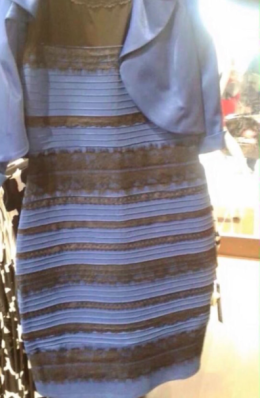 We were eating muffins at a cafe this morning when a guy approached us, held out his phone, and asked us what colors we saw.
We were eating muffins at a cafe this morning when a guy approached us, held out his phone, and asked us what colors we saw.
